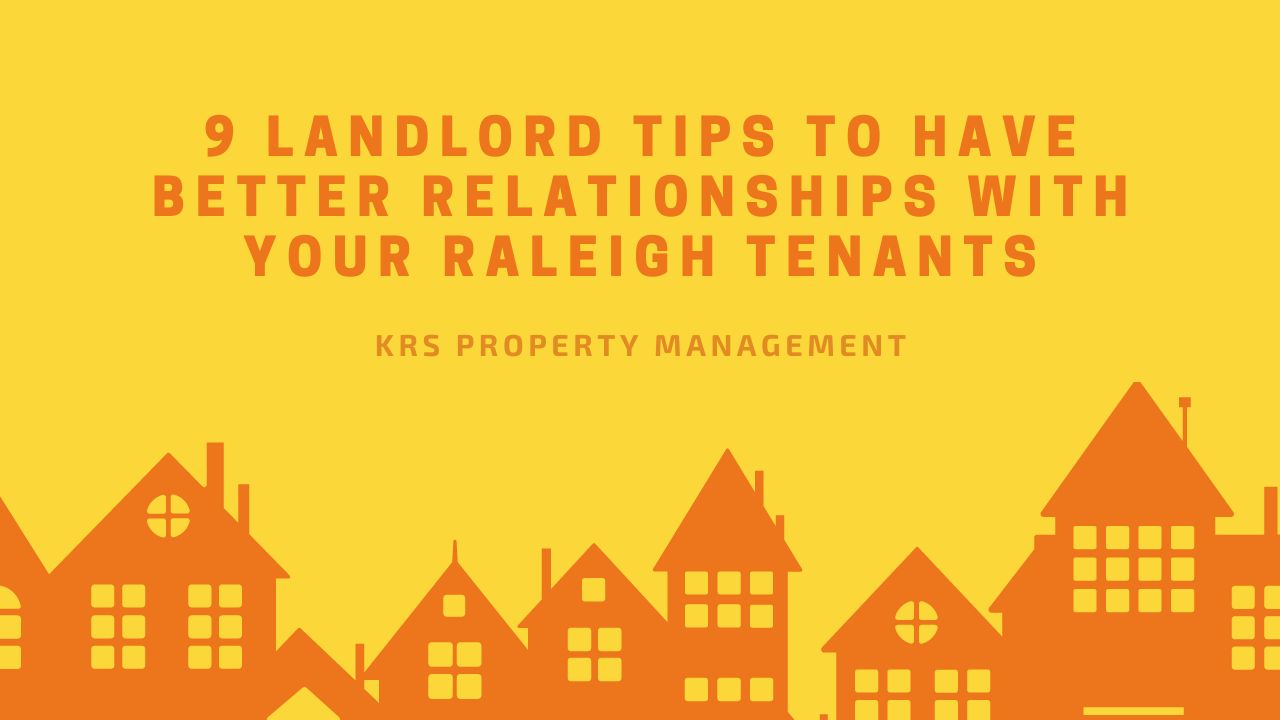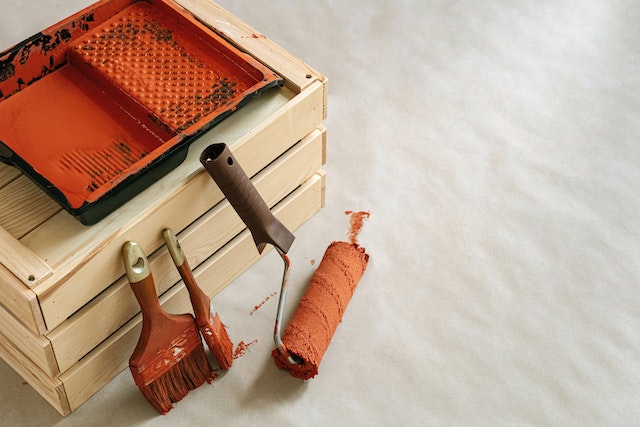
Successful landlords, whether they work long-distance or locally, share one common trait – they have a good relationship with their tenants. Establishing a good relationship with your tenant also builds respect between the both of you. Your tenants achieve this by paying rent on time, caring for their rented premises, and abiding by the terms of the lease.
On your part, it means responding to issues quickly, respecting their peace and quiet, treating them fairly and equally, and abiding by tenancy laws, among other things.
A good landlord-tenant relationship is therefore a win-win for both parties. If you are just getting started as a landlord or would like to build a better relationship with your tenant, the following are 9 tips to help you out.
1. Let Your Tenant Know Your Expectations
Do this right from the beginning. Tell them about your expectations by familiarizing them with the lease agreement. Let them know about things like:
- Subletting Rules. If you allow it, let them know about any particular rules you may have. If you prohibit it, then let them know it’s a serious violation if they sublet their rental.
- Pet Policies. If you allow pets, share with your tenant what restrictions you may have. For example, on the number, size, and type of pets allowed.
- Entry Rules. Let your tenant know that you have a right to enter their rented premises to undertake key responsibilities and tell them to know about the minimum notice to expect.
- Property Maintenance. Share with your tenant all their responsibilities to maintain their rented premises.

This will go a long way in preventing potential conflicts and misunderstandings in the future.
2. Communicate on a Regular Basis
Once you have rented out your property, keep communicating with the tenant on a regular basis. By doing that, you’ll be able to know what challenges the tenant may be experiencing with their rental and work towards solving them. If it’s maintenance issues, for instance, you’ll be able to act fast preventing further damage.
Open communication will also incentive your tenant to take care of their rented premises since they’ll know that you care for their well-being.
Note that some tenants prefer certain communication channels over others. Some may prefer text over email, and others phone calls over in-person conversations. Find out from your tenant what they prefer.
3. Rent to the Right Tenant
For you to build a good relationship with a tenant, you first need to find the right one. To find the right tenant, run an extensive marketing campaign and then screen all prospective tenants. Choose one that has a proven history of paying rent on time, caring for their premises, and abiding by the terms of the lease.
Once you've landed the right tenant, it’ll make building and maintaining a solid relationship with them easier.

4. Respect Your Tenant
Respect works both ways. You cannot expect your tenant to respect you if you aren’t affording them the same courtesy. To respect your tenant, you want to do things like:
- Give written notices prior to entering their rented premises
- Respond to inquiries with the appropriate urgency
- Address issues professionally and fairly
- Provide clear and unambiguous rules
- Set a fair rent price
- Communicate well and listen attentively
5. Treat Tenants like Your Customers
Property management is a service industry. To succeed, you must follow one golden rule – your tenants are your customers. How you treat your customers will determine whether you get repeat business or not.
When you respect your tenants, it leads to trust, and trust leads to a mutually beneficial relationship. If your tenants are happy with your service, they’ll be more likely to renew their lease, thus ensuring stable rental income for you.
6. Understand what the Landlord-tenant Law Says
You need to understand your legal obligations first to be a successful landlord. You need to know what the state law says about:
- When and how you can evict your tenant
- When and by how much you can raise the rent amount
- How much security deposit you can charge, how you must hold it, and when you must return it
- When you can enter your tenant’s rented premises and the legitimate reasons you must have to do so

North Carolina NC General Statutes Chapter 42 Article 5 stipulates all legal obligations you must familiarize yourself with as a Raleigh landlord.
7. Maintain the Rental Property on a Regular Basis
Regular maintenance is key for a number of reasons. For one, it helps keep a property looking desirable, thereby increasing the occupancy rates. Two, it ensures that issues are fixed promptly, preventing further damage. And three, regular maintenance ensures that a property stays up to code.
8. Upgrade Your Rental Property
Just like everyone else, tenants want to enjoy the highest quality of life possible. Therefore, you’ll want to upgrade your property whenever necessary to match their expectations and keep your rental competitive. Consider the following:
- Give the home a fresh coat of paint when the paintwork starts to fade, crack, or peel.
- Replace old appliances with new, energy-efficient ones.
- Add landscaping to boost curb appeal.
- Put a washer/dryer in the unit.
- Replace cabinet doors when they start looking dated or the layout becomes uninspiring.
9. Set Up an Online Portal
Nowadays, online tenant portals are more critical than ever. More and more people are looking for solutions that are easy and convenient for them, and tenants aren’t an exception.

Tenants can use online portals to pay rent and report maintenance issues, among other things. This also makes it easier for landlords to track payments and communicate with tenants.
Bottom Line
Being a landlord can be a lucrative venture. However, there are certain elements that you must get right. One of which is having a better relationship with your tenants. For expert help in this regard, turn to KRS Property Management. We’re a top property management company in Raleigh, NC. Get in touch to learn more!






